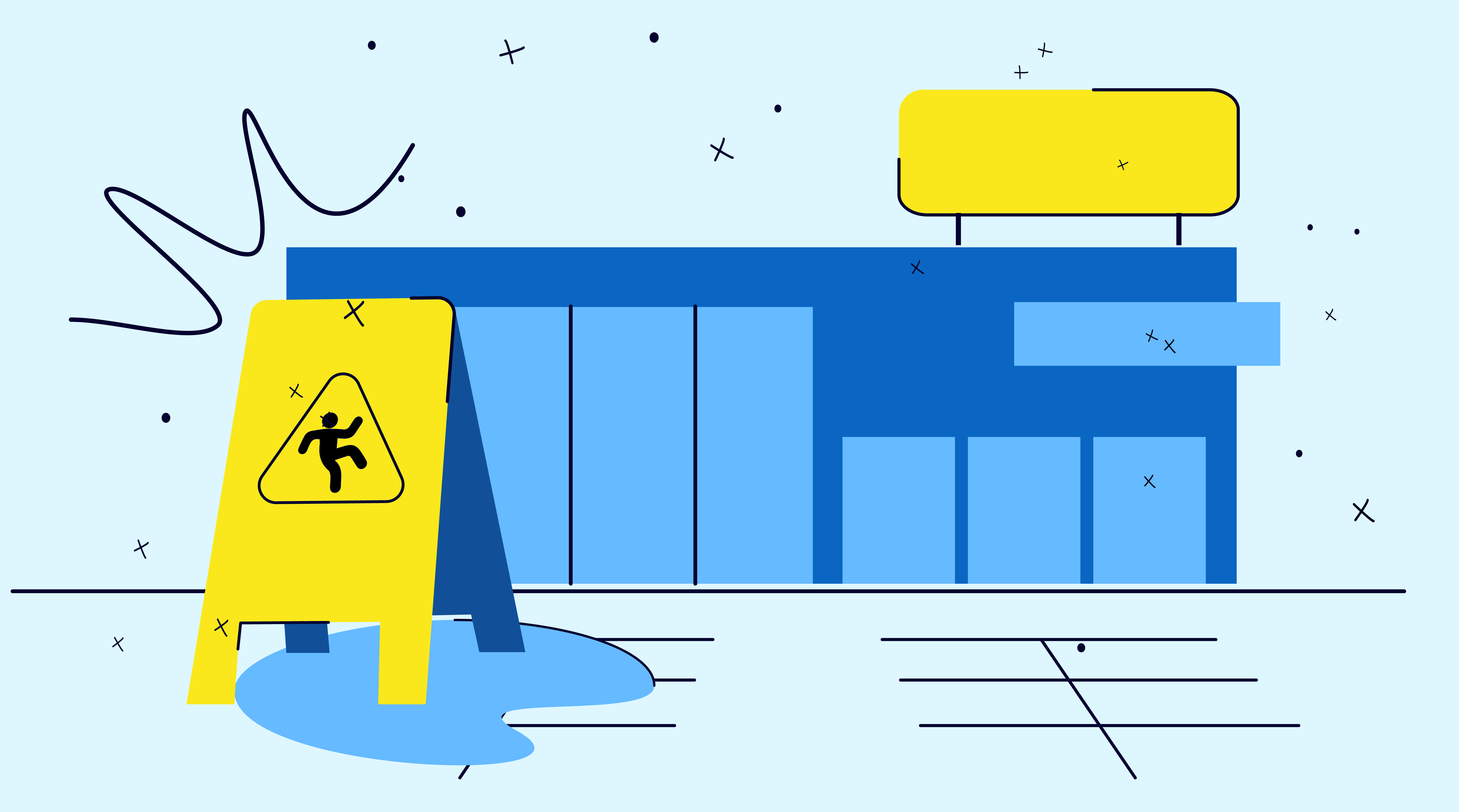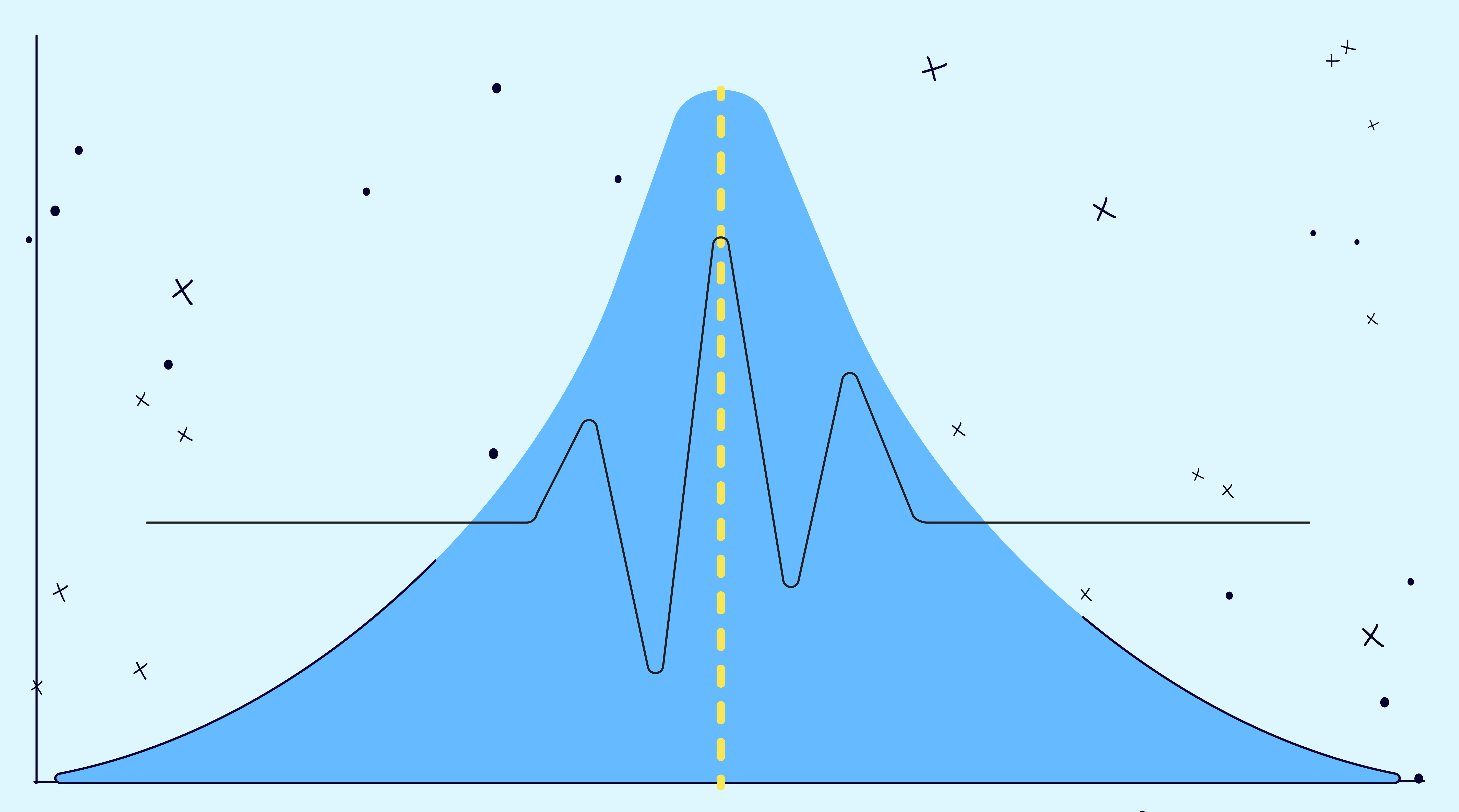Premises liability cases are notoriously difficult to litigate. However, with specialized & experienced attorneys and an institutional knowledge of corporate defendants as well as an expedited go-to-trial strategy, a winning strategy can be achieved.
On May 31, 2022, a Florida jury returned a $7.1 million verdict for a Morgan & Morgan client who was injured by an electric door in Home Depot. This was a case that several firms had turned down, but Morgan & Morgan attorneys Alicia Smith, Rick Block, Derrick Connell, and S. Max Karrick were confident they had the tools to get our client the compensation he deserved.
Doing Premises Liability Differently
Premises liability cases are notoriously difficult to litigate. Yet, Morgan & Morgan has a long record of successful verdicts and settlements, recovering $150 million in the first half of 2022 alone. We spoke with Morgan & Morgan premises liability attorney Jeanette Cardenas, who explained what we’re up against and how Morgan & Morgan’s approach makes all the difference.
Specialized & Experienced Premises Liability Attorneys
Corporate defendants typically hire outside counsel who specializes in premises liability claims. This in turn leads to increased motion practice. While most firms bury premises liability within their personal injury practice, Morgan & Morgan has a dedicated premises liability group with over 100 attorneys who have the experience and expertise to go up against even the most merciless opposing counsel. Additionally, the vast majority of our attorneys were formerly on the defense side of the same field, allowing us to evaluate cases from both the plaintiff and defense perspectives.
Expedited Go-To-Trial Strategy
Defendants in premises liability cases have a number of affirmative defenses at their disposal, including the open and obvious doctrine and lack of notice of the dangerous condition. For this reason, premises liability cases do not typically settle in pre-suit. Our attorneys recognize this and flip cases into litigation earlier in order to obtain fair value for clients. Morgan & Morgan premises liability attorneys are seasoned trial attorneys ready to try these cases. Further, we have the resources to front the costs associated with bringing these cases to trial.
Institutional Knowledge of Corporate Defendants
Our attorneys have numerous cases against each of the typical premises liability corporate defendants, including Publix, Wal-Mart, Home Depot, Lowe’s, Dollar General, Target. This gives us an advantage because we are very familiar with the corporate defendants’ policies and procedures, which we use as evidence to prove a breach of their duties to maintain and warn
Where to Start: The Makings Of Premises Liability Case
In order for our expert attorneys to evaluate a client’s claim, there are a few things they need:
- Photos or videos taken of the dangerous condition that caused the incident
- A copy of the incident report
- A written description of the dangerous condition that caused the incident
Premises liability cases don’t always look like the classic slip-and-fall. Some other case types we handle include:
- Dog Bite Claims
- Negligent Security Claims including Murder, Rape, Shootings
- Violation of Statutory Rights of Developmentally Disabled Persons
- Violation of Statutory Rights of Vulnerable Adults
- Violation of Florida Education Equity Act
- Civil Sexual Abuse, Assault, and Harassment Claims
Workers' Comp Cases May Have Potential Premises Cases Connected
We work to identify and recover maximum dollars for our client by looking at every angle of the case.
Under the Workers’ Compensation Law, if a covered employee is injured in a work-related accident by the negligence or wrongful act of a third party, that employee may both accept compensation benefits and, at the same time, pursue a civil action against the third-party tortfeasor.












